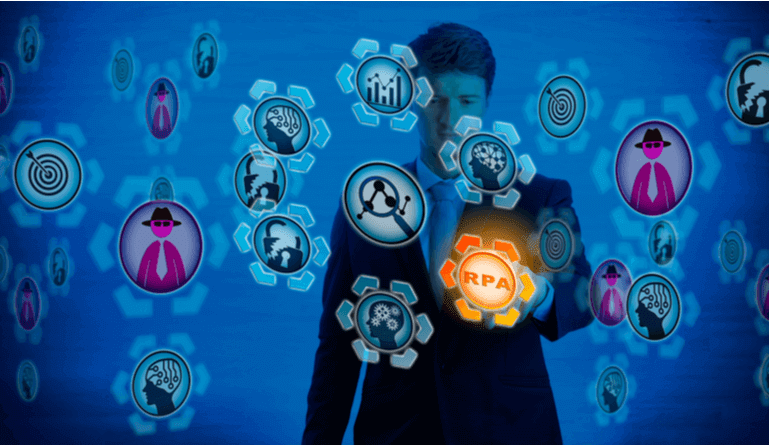HR executives and organizational leaders are sure that merging HR analytics and HR functions like administration and onboarding with artificial intelligence can and will change the overall experience of the employees as well as the HR executives.
In fact, company owners and CEOs of several companies are investing in merging cognitive computing with different functionalities of HR. They have high expectations for their success. The total expenditures of integrating artificial intelligence to HR analytics is expected to rise from $8 billion in the year 2016 to $47 billion in the year 2020.
A recent survey by Information of Business Management has found that half of the recruiters, HR representatives and CEOs have already recognized and anticipated the future of HR analytics. They expect that AI in HR analytics is going to reinvent and change the overall HR responsibilities.
However, not all companies are able to adopt AI in HR analytics. According to the survey of the Human Resources Professional Association conducted in the year 2017, 52% of CEOs responded that they are unlikely to see the future of HR analytics in their businesses just because they did not work on a large scale.
Here are some ways how artificial intelligence can transform the future of HR analytics:
-
Personalized Employee Experiences
IBM survey officials indicated in their survey that Artificial intelligence can be integrated into employee’s onboarding programs, which will generally improve the HR analytics.
The new employees in the company have the urge to meet the existing staff. But it becomes difficult if the people are from different departments.
Systems can be developed where new employees can get answers to all their critical and most pressing job and HR analytics questions. For instance, AI in HR analytics and HR operations can initiate a system where new employees will be provided the names, the locations and the contact information of the existing staff so that they can connect to them easily.
-
Cognitive Supporting Decision Making
Usually, HR executives have to handle tedious tasks such as vacation requests, HR analytics, Team training, and Hiring processes. Cognitive solutions can transform the future of AI in HR analytics. Artificial intelligence can improve the organization’s ability to tap into HR analytics and big data sources to reveal new business insights.
-
Artificial Intelligence Recruiters
Recruiters and HR executives expect personalized experiences tailored to their business requirements and needs which will not only transform the future of HR analytics but will also smooth down the HR operations.
AI in HR analytics can implement artificial intelligence recruiters to automate interview scheduling, for providing real-time feedback to the employees and to improve the handling of big data HR analytics. This will not only help HR executives to save time but also money.
-
Smarter People Analytics
Almost every company collect data in large amount and then generate big data analytics to predict future behavior. AI in HR analytics can do a lot for companies trying to catch up with predicted behaviors. The future of HR analytics by AI can determine what data to collect or track, analyze or manage. In fact, artificial intelligence is helping HR to build smarter marketing teams.
-
Removing Biases
Even though the employers try to stay unbiased but unconscious biases lean them towards the candidates that they prefer according to their prejudices. These biases are also common in resume selections and job descriptions.
However, artificial intelligence can remove biased patterns by developing algorithms that can improve hiring communications.
-
Identifying Employees on the Way Out
AI in HR analytics and HR operations can rule out employees who are not paying a fair share to the organization. By artificial intelligence, employers might be able to track employee’s keystrokes, emails, work activities, and internet browsing.
Moreover, AI in HR analytics will also analyze big data to determine the employees’ activity patterns in an organization. This can help the employers to predict the overall tone of the employees who might be thinking to quit.
-
Improve Efficiency and Insight in Candidate Assessment
Artificial intelligence has the capability to interpret nuance. AI will transform the future of HR analytics by covering job letters, resumes, and interviews with the applicants.
Artificial intelligence will bring in more powerful tools to determine whether the candidate is good for the position or not.
-
Remove the Need of In-House Data Scientists
Data can be ineffective and useless for an organization if it’s not properly analyzed and cleaned for generating business key insights. Generally, data scientists perform this task. In future HR analytics, Ai can take over this task and evaluate incoming data streams within seconds.
Artificial intelligence can disrupt and transform the future of HR analytics and HR operations, but the organizations will have to balance out these cognitive computing functions and advancements with complete transparency in order to implement AI successfully. Moreover, transparency in AI technology is important for employees to trust new technology. HR executives must have a clear understanding of how decisions are being made.




